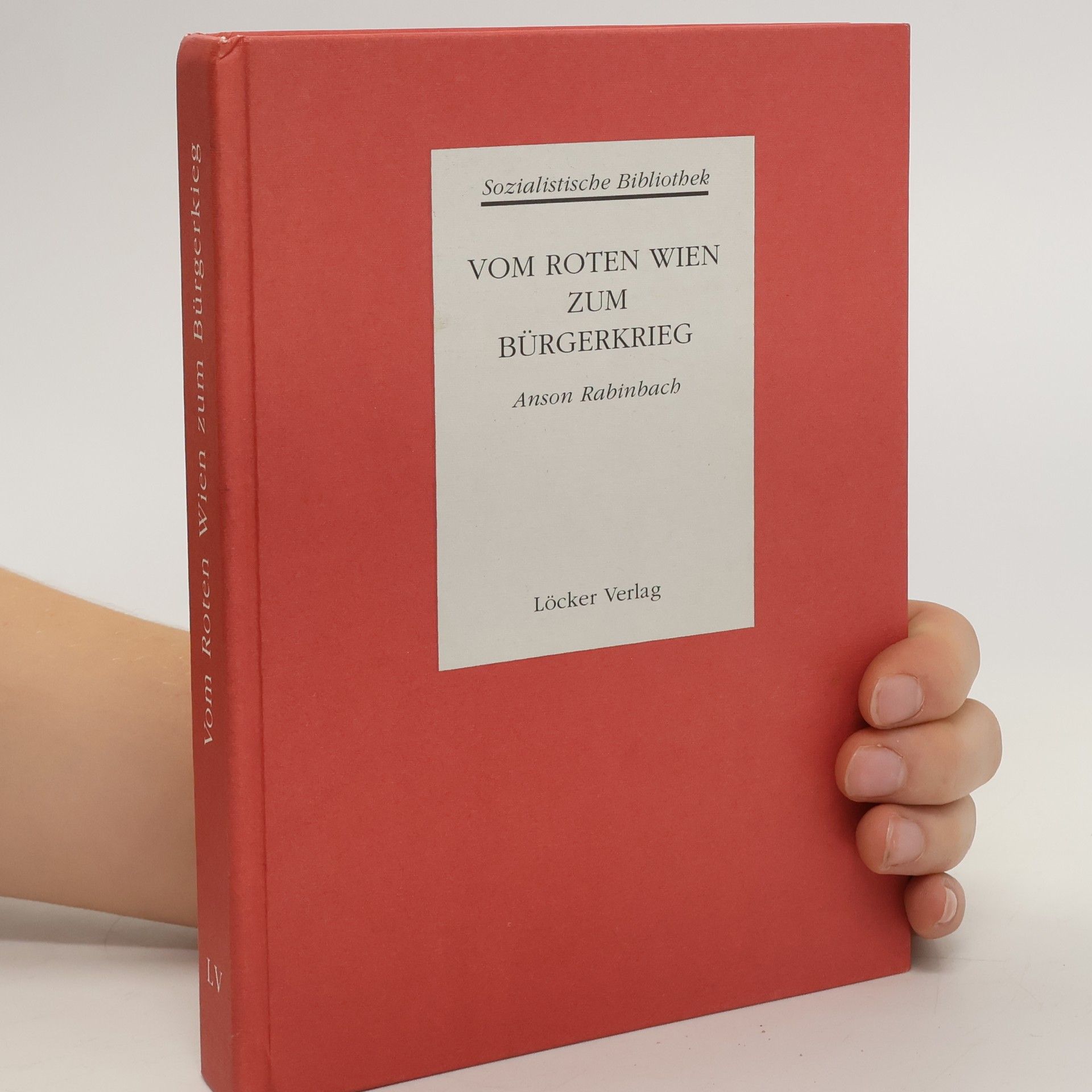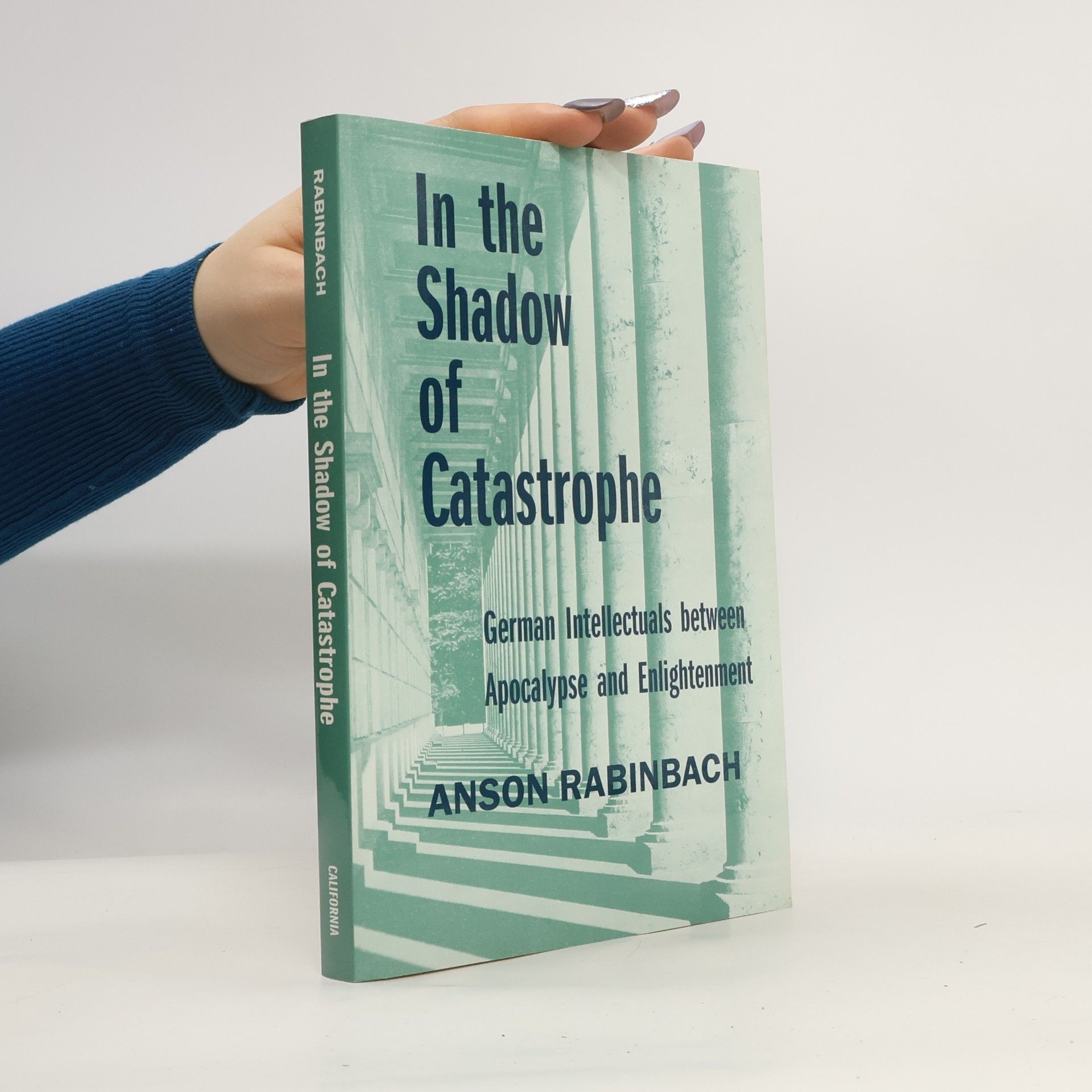In the Shadow of Catastrophe
- 252pages
- 9 heures de lecture
Includes essays that address the writings of key figures in twentieth-century German philosophy. This title explores their ideas in relation to the two world wars and the horrors facing Europe at that time. Analyzing the work of Benjamin and Bloch, it suggests their indebtedness to the traditions of Jewish messianism. schovat popis


